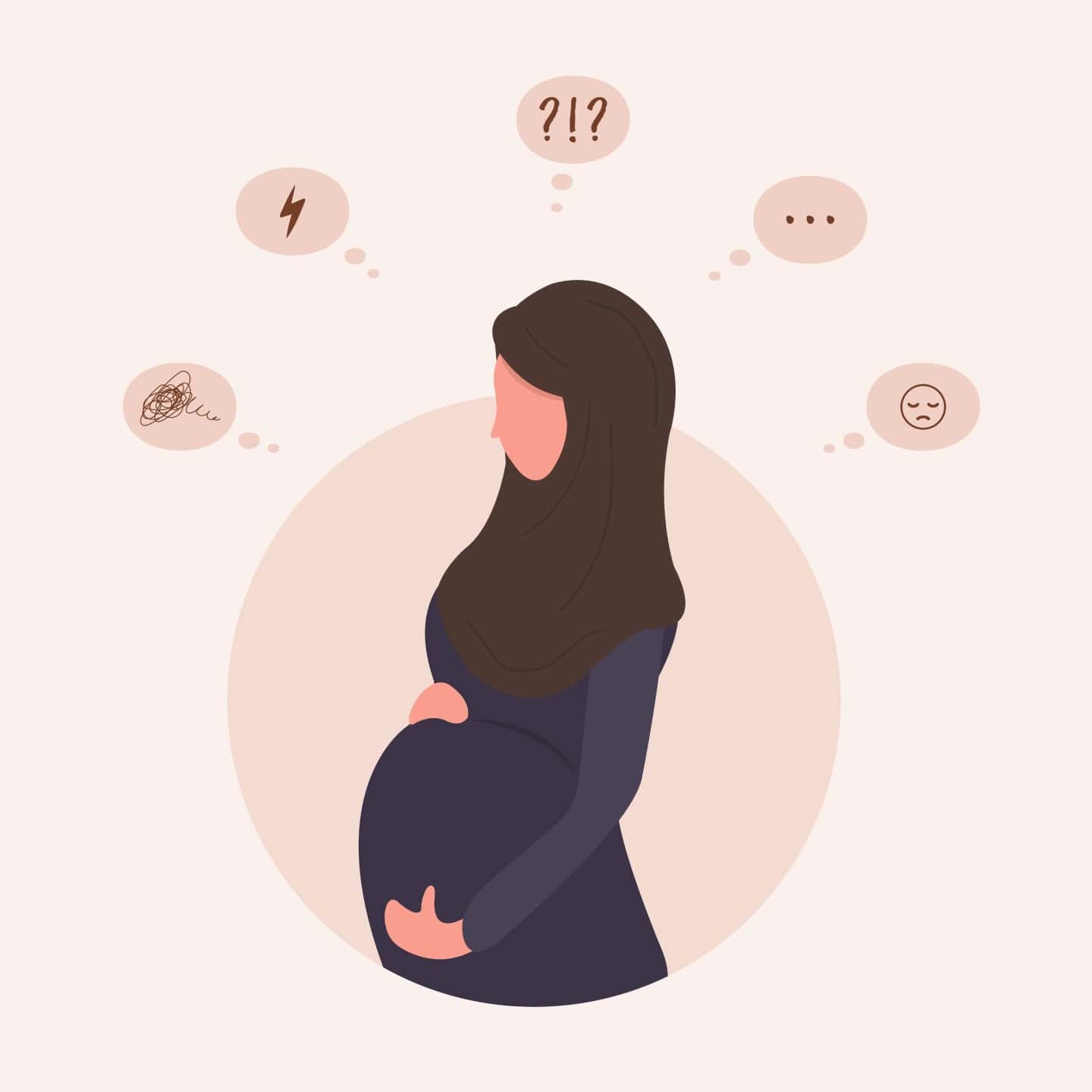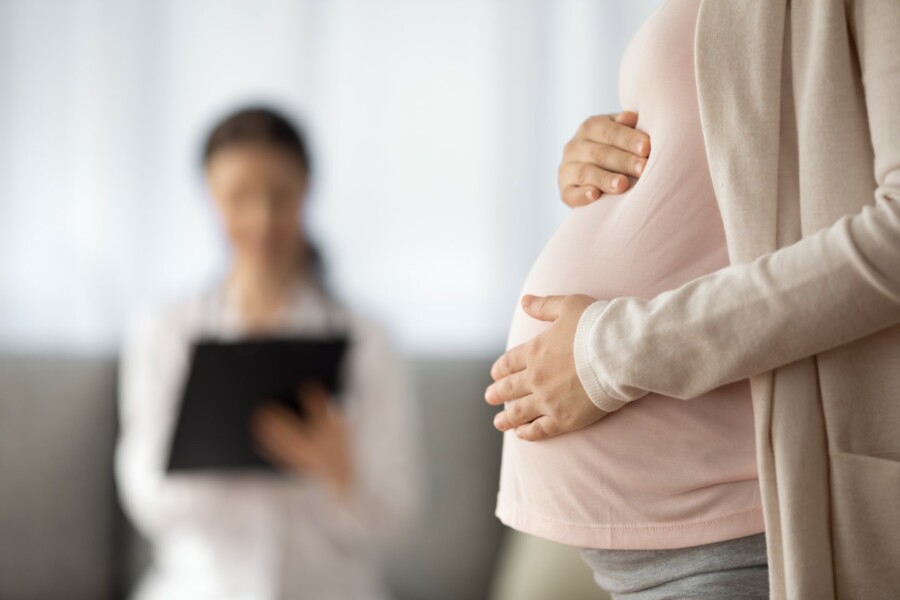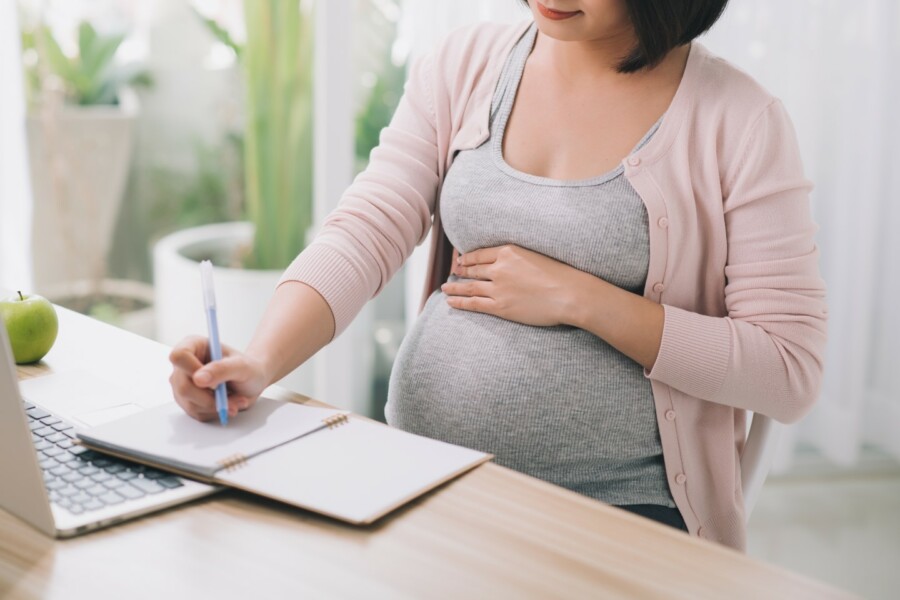
UK Maternal Mental Health Awareness Week – 29 April to 5 May 2019
This week marks UK Maternal Health Awareness Week which runs from 29th April to 5th May. It is coordinated by The Perinatal Mental Health Partnership (PMHP UK) who aim to raise awareness on all things ‘maternal mental health’ related. This important campaign is dedicated to talking about mental illness during pregnancy or after having a baby. The focus is on advocating for mums to access the information and help they need.
The Maternal Health Alliance confirms that a staggering 1 in 10 women will develop a mental illness during pregnancy or within the first year of having a baby. Many of those will struggle on in silence without recognising that they need help or being able to access support.
Maternal mental health issues comes in many different shapes, sizes and forms meaning it is not always easy to spot or to realise you have been affected.
Maternal mental health conditions are more than the baby blues and are recognised psychiatric conditions, for which treatment, help and advice can be provided, but only if it is identified – the earlier, the better.
The taboo around post natal depression and other disorders such as post partum psychosis, and even PTSD, is starting to lift thanks to the wealth of support networks that are around for new mothers and the widespread campaigns over social media and more recently by the government.
Maternal mental health is not just about these labelled conditions and just as much importance needs to be attached to other symptoms such as anxiety, depression and insomnia to name a few. It can look and feel so very different to different people.
For most, many may assume that you can’t possibly have a maternal mental health condition unless you have gone through a difficult birth or had a hard pregnancy. This isn’t the case at all and this is why some mums may not feel that they should be seeking help as they don’t want to make a fuss. Suffering in silence can be so very damaging to a mum’s health and it is so important that mums feel like they can be heard and listened to at such a dramatically changing time in their lives as welcoming a new child. My message to any mums out there who are struggling is this: You are not failing and no one will even be thinking that. By getting help this only shows your strength.
This is where the roles of the midwife, health visitor and the GP in those early days and thereafter are so important in spotting the signs and acting upon them. Many new mums will feel that if they admit they are feeling this way then they must be a bad mum or that they don’t love their new baby. We need to ensure that mums are not made to feel this way and openly encourage these difficult conversations.
The focus should be on the new mother as much as it is on the newborn baby, especially at the six week checkup as both of their respective healths go hand in hand. We have all heard the saying “Happy mum, happy baby”.
Let’s shout all about it this week, next week, next month and thereafter and keep raising support for all mums to help them access the information and support they need.
It’s okay to not be okay, this is so very normal. If you know a new mum out there, give her a hug and tell her she is doing a wonderful job, offer your ear and shoulder to cry on if needed, your support will make such a difference.
Educating health professionals is vitality important in recognising maternal mental health symptoms as this will ultimately have an impact on whether and when a diagnosis is made and whether treatment is offered to a mum to give her the help she needs, as early as possible.
#mumsmatter
Hannah Travis is a solicitor at Bolt Burdon Kemp specialising in Medical Negligence claims. If you or a loved one are concerned about the treatment you have received, contact Hannah free of charge and in confidence on 020 7288 4820 or at hannahtravis@boltburdonkemp.co.uk. Alternatively, complete this form and one of the solicitors in the Medical Negligence team will contact you. Find out more about the Medical Negligence team.
Return to the Women’s Health Hub.









